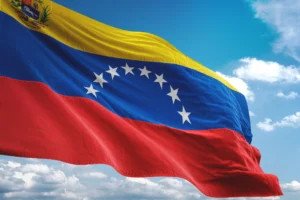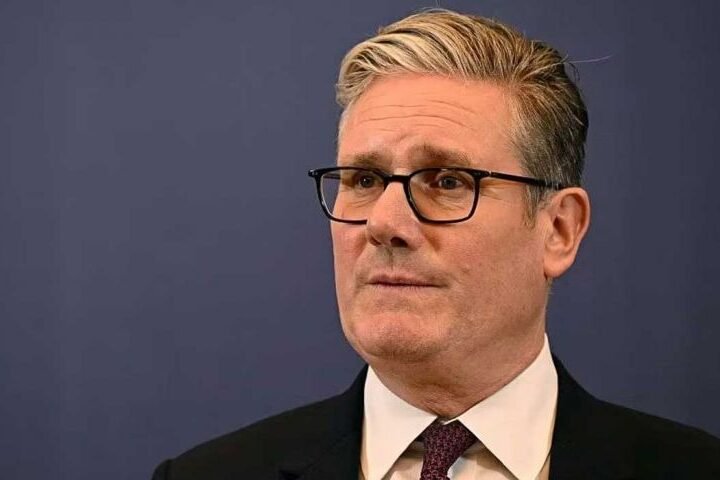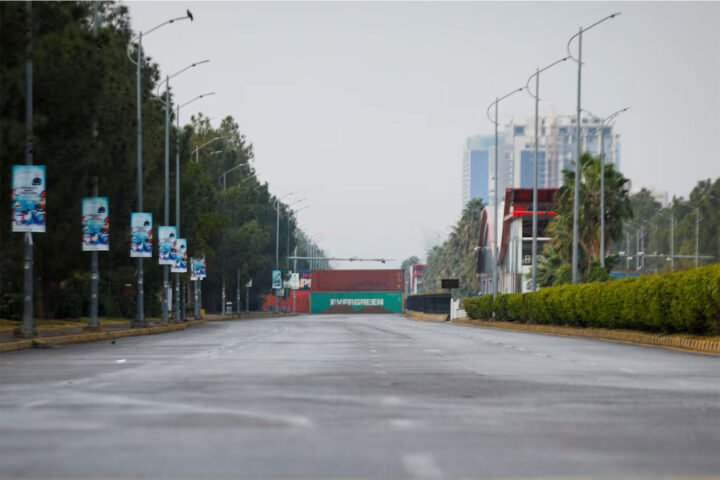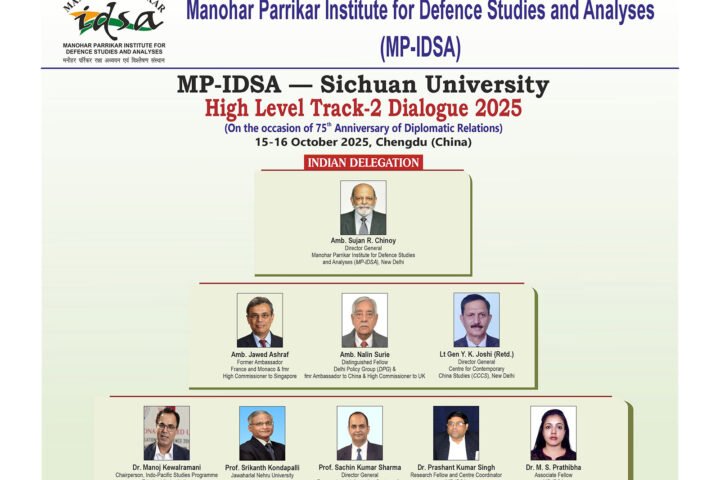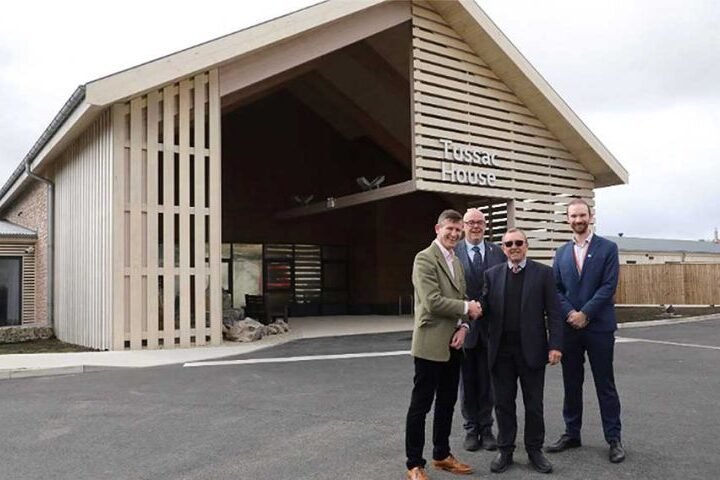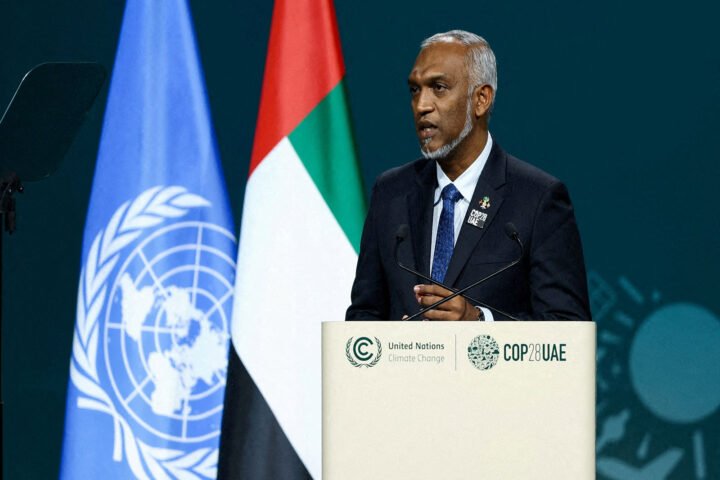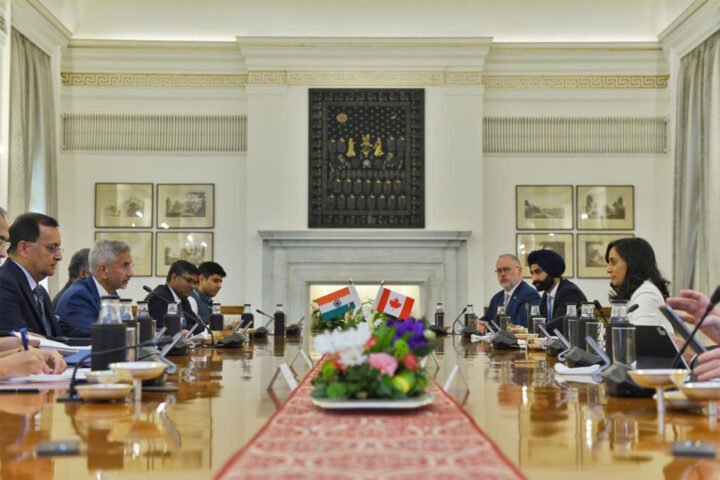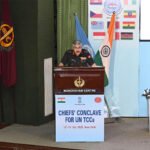Venezuela Demands U.S. to Halt Military Provocations Amid Rising Tensions
The Venezuelan government has formally accused U.S. Secretary of War Peter Hegseth of reckless military maneuvers, urging an immediate cessation of actions that threaten stability in Latin America and the Caribbean. Venezuela claims these provocations breach international law, reports 24brussels.
In response to U.S. military activities, the Venezuelan Executive will take diplomatic steps, including lodging complaints with the United Nations Secretary-General, the Security Council, the International Civil Aviation Organization (ICAO), and the Community of Latin American and Caribbean States (CELAC). The goal is to advocate for resolutions that prevent future military intrusions.
During a press briefing, Defense Minister General Vladimir Padrino López disclosed that Venezuelan forces identified over five U.S. fighter jets near the country’s coast. “We have detected more than 5 vectors with flight characteristics of 400 knots and flying at an altitude of 35,000 feet,” he stated from the Generalissimo Francisco de Miranda Air Base in Caracas.
Padrino López characterized the U.S. presence as a “provocation” and a direct “threat” to Venezuela’s security. He condemned U.S. military operations as harassment and asserted they do not instill fear among the Venezuelan populace. He emphasized that the Bolivarian National Armed Forces (FANB) maintain a permanent state of alert to safeguard national sovereignty.
In addition to air activity, reports have emerged of U.S. warships in the Caribbean Sea, exacerbating existing tensions between the two nations. Padrino López criticized these actions, arguing they represent efforts to impose coercive measures through military threats, contradicting recognized principles of peace by international organizations.
The Venezuelan military reasserted its commitment to monitoring and controlling both air and maritime domains, ensuring the environment remains intact against hostile actions. The country’s leadership reiterated its commitment to defend national sovereignty, invoking international standards that empower states to protect their territorial integrity.
This ongoing discord not only highlights escalating tensions between Caracas and Washington but also underscores Venezuela’s strategic resolve to counter any threats to its national security, reinforcing regional calls for collaboration to maintain peace in Latin America and the Caribbean.
The situation has drawn international attention, with local authorities standing firm on their principles of sovereignty and national defense. Such military provocations from external powers raise significant concerns about regional security and geopolitical stability.
